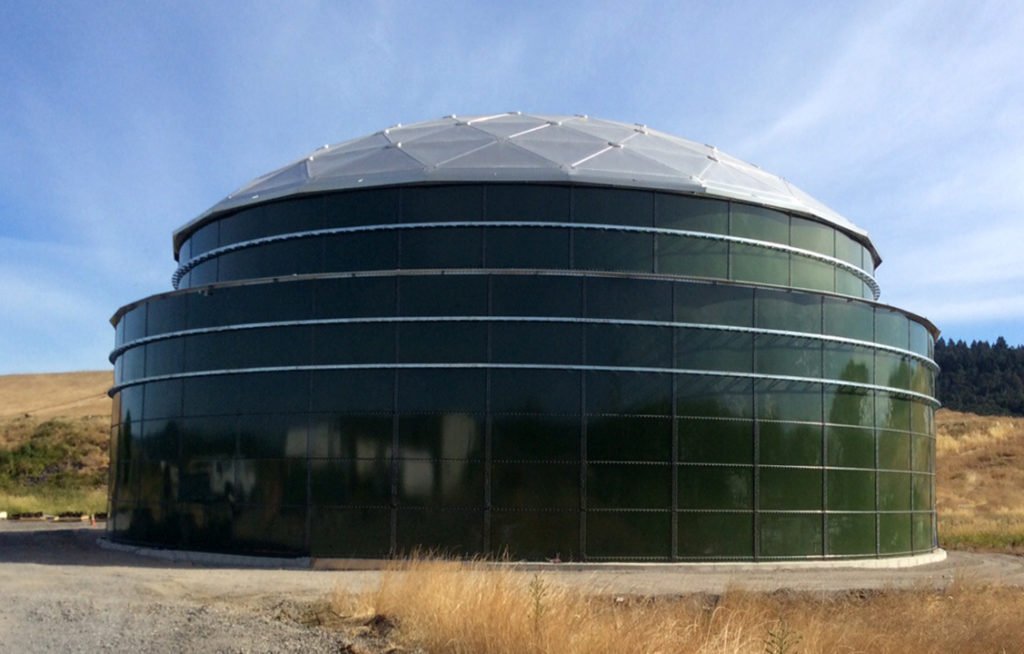Commercial tanks, used in the storage of water and other liquids continually advance in the methods of their construction. Not so long ago a concrete reservoir or silo was the only viable option available but in some instances, glass fused tanks have surpassed even corrugated steel in their effectiveness.

Here we’ll provide you with an overview as to what a glass fused tank could do for your business.
The Technology
Also known as glass lined, glass fused tanks are created by binding panels to a steel surface through the use of a glass enamel coating.
This layer of glass provides a hard coating which permanently protects any steel surface from wear and damage through corrosion, abrasions and stains. More importantly, the PH levels of this coating can be configured to individual applications providing a neutralisation effect when storing chemicals, petroleum and waste materials.
Common Uses
Although routinely used for the storage of water, glass fused tanks can also be used for the storage of:
- Leachate products
- Clarifiers
- Thickeners
- Vegetable oils
- Sludge
This means that they can be used in applications including waste water treatment plants, bio-gas plants and petroleum farms where a standard steel lining used in conventional tanks would be susceptible to corrosion.
The Advantages
The benefits to most consumers of a glass fused tank lie in their ability to withstand harsh environments without premature failure. The finished structure is hard wearing whilst being as strong and as flexible as steel. Other benefits include:
- A long service life without the need for costly maintenance and routine resurfacing which is prevalent with epoxy coated welded steel tanks.
- Whilst not the cheapest form of storage tank, capital outlay costs are low and overall life cycle costs are much lower once lifespan is taken into account.
- Fast installation times due to the fact that these tanks can be constructed on site if required.
- The ability to dismantle and relocate as well as remodel and extend if required at a later date.
Capacity
Due to their customisable nature, glass fused storage tanks can accommodate a range of different needs and environments.
The largest capacity tank typically possible is 50 megalitres which equates to the equivalent of 50,000,000 litres of water per tank. If required, a series of tanks could be installed with the ability to network them together.
Request a Consultation
If your existing storage tanks are at the end of their lifecycle or you are in the planning stages of a new project, speak to a supplier of commercial water storage tanks to get an idea of the solutions available. Industrial tanks are in use across Australia in a variety of different industries so the amount of expertise present whatever your individual needs is considerable. Most suppliers have compiled a series of case studies where you can see first hand each type of tank they offer in use.
It shouldn’t be difficult to review a previously completed project that mirrors your own or is at least very similar in nature.

